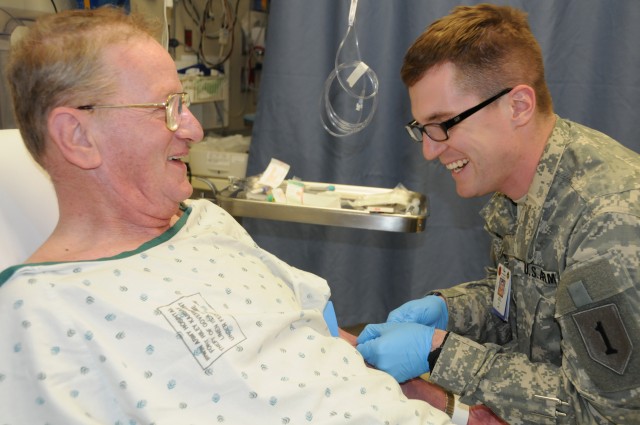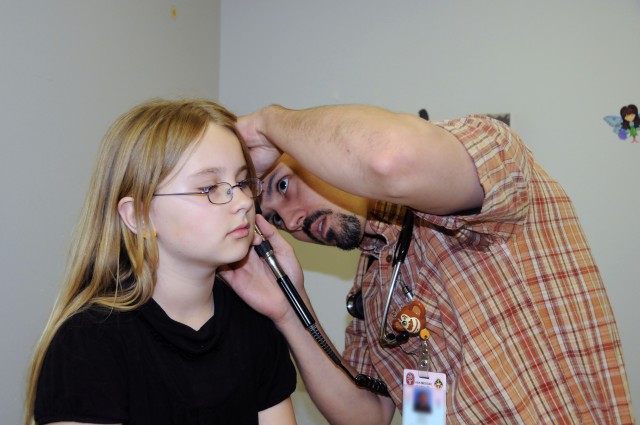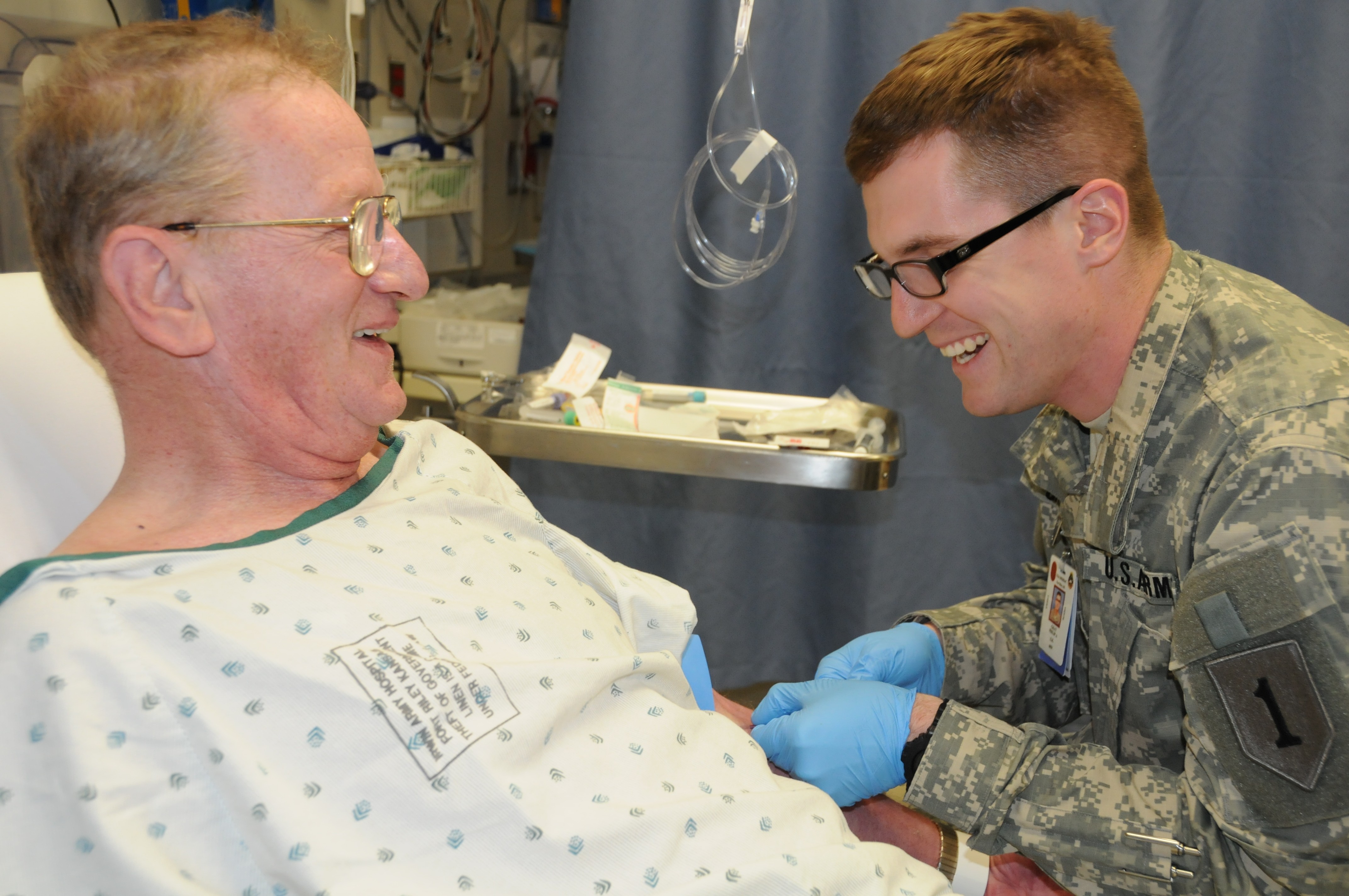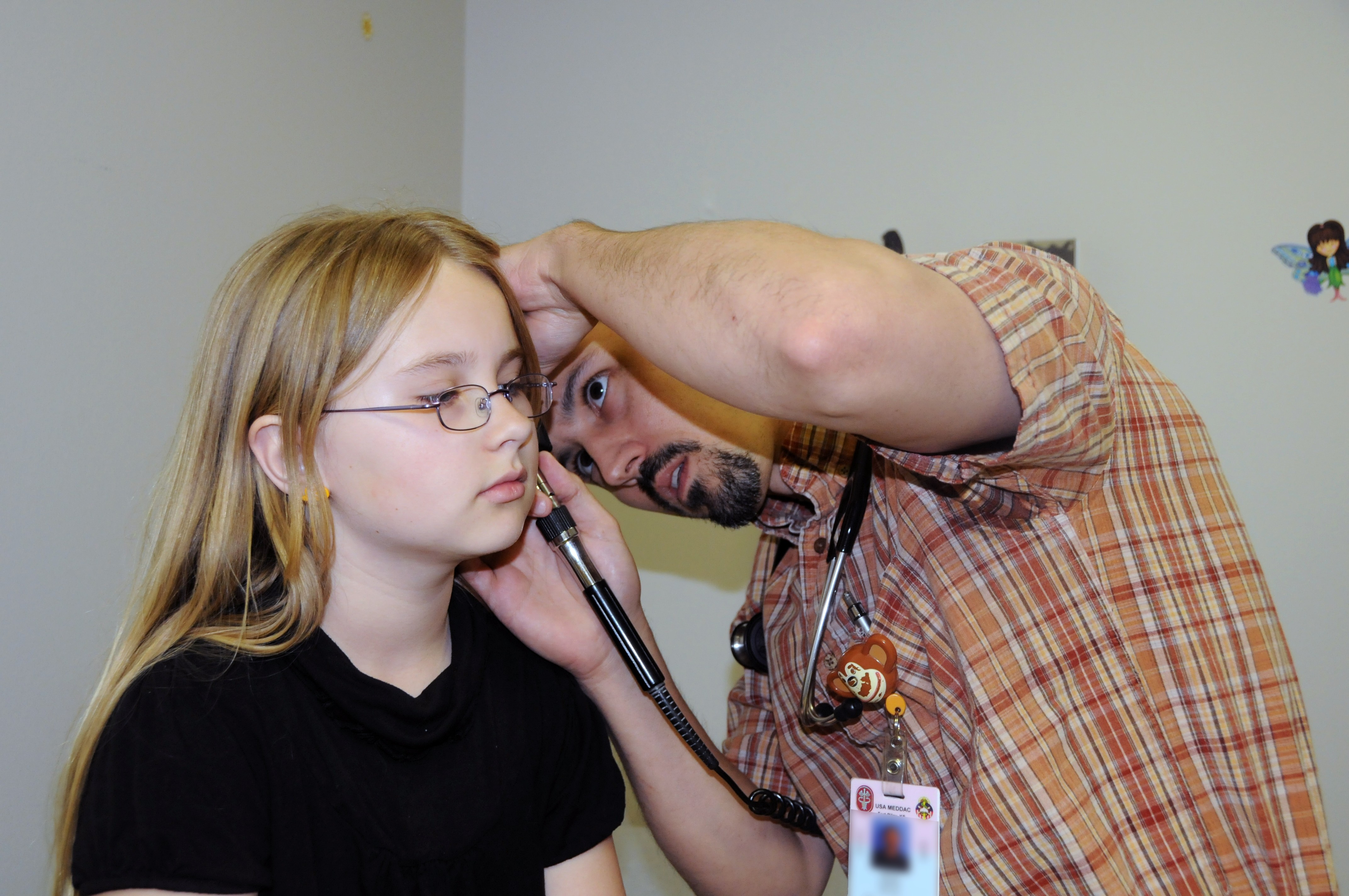In September 2010, the Army surgeon general authorized the creation of a task force to build a culture of trust throughout Army medicine-continuing its heritage of bringing value and inspiring trust with patients. As the surgeon general stated: "The Culture of Trust Initiative will permeate all facets of Army medicine."
A culture of trust is a shared set of beliefs, values and practices that drive Army medicine's commitment to provide patients access to quality health services. Trust and transparency, Army medical professionals said, create an environment in which their talents thrive, their patients receive the best care, and their stakeholders trust that they'll deliver what they say they will deliver.
Through the culture of trust initiative, Dr. Claudette Elliott, Trust Enhancement and Sustainment Task Force director, hopes "to help create an organization where people are passionate about the organization they work for and the work they do. The trust level should be a seamless and outward extension of Army Medical Department personnel towards our patients, beneficiaries, stakeholders, co-workers and community."
The single most tangible attribute that will guide Army medicine into the future is trust.
"Trust is an emotion and the quality of all relationships is based on the level of trust that exists between people," Elliott explained. "Every year, millions of dollars are lost from employee disengagement, which impacts mission accomplishment. We are creating an ambiance of excellence within Army medicine."
Implementing the Culture of Trust initiative will produce tangible and measurable results, she said, such as improved customer service, better patient outcomes, increased employee satisfaction, higher retention and greater efficiencies.
Patient satisfaction scores, error reporting scores and patient safety scores will improve; productivity will increase and costs decrease; employee morale will increase while turnover rates, EO/EEO complaints and union complaints will decrease, Elliott added.
"As the surgeon general has said, 'Trust is the glue that holds an organization together,'" Elliott said.
There is evidence to support that trust-rich organizations see great improvements of the bottom line through open, transparent communication, Elliott said, adding that recent research has indicated that increasing trust exponentially improves organizational effectiveness-something Army medicine hopes to achieve through this initiative.




Social Sharing